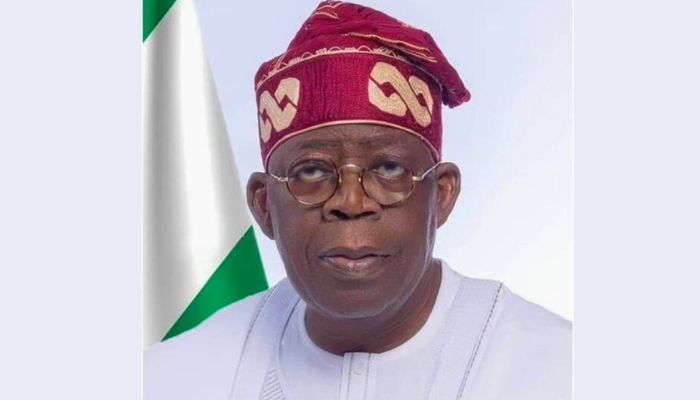
By Olakunle Agboola – This is a hard time for many Nigerians, as the nation has gone under a wide microscopic view criticizing President Bola Ahmed Tinubu after his academic certificate was released to former Vice President of Nigeria, Alhaji Atiku Abubakar. This was made public and backed up with a world press conference, which many media platforms made live on their TV networks, and across all social media platforms.
This has become a major discussion not only on Nigeria’s mainstream TV stations but also on international media slicing different parts of the certificate saga. Nigerians across the world have gone on social media to speak against and on the other divide to defend President Tinubu’s certificate saga. It is obvious how President Tinubu’s supporters and devotees are fighting hard to change the narratives and conciliate the information made available to the public.
Also, there have been threats by the Nigerian Broadcasting Commission (NBC) to sanction mainstream media which is a way of suppressing press freedom. Many have argued the critical reasons why NBC should be independent and not controlled by the executive arms of the government. It was reported that in the first quarter of the year, NBC slammed the N5m penalty on Channels TV, accusing the station of breaking the broadcast code in a program with Dr Datti Baba-Ahmed, Labour Party Vice Presidential candidate.
This raised an eyebrow as to what to expect from President Tinubu’s Administration who in the first quarter of the year was fighting his legitimacy of coming through the back door. Many have argued that all election cases or presidential tribunals should end before a new cabinet is formed so as not to use the office of the executive to squelch the case before the judiciary, knowing that ‘separation of powers’ is not in the right perspective in Nigeria.
The Separation of Powers constitutes one of the most important principles of contemporary liberal democracy and the rule of law. It requires the allocation of governmental authority to separate institutions. Separation of powers is a doctrine of constitutional law under which the three branches of government are kept separate. This is also known as checks and balances because each branch is given certain powers to check and balance the other branches.
The executives as it is in Nigeria always interfere with the other arms of government and this became an escape route for President Bola Ahmed Tinubu to win at the tribunal. Many believe that the tribunal would ratify the law on the credence of dealing with prolific and holistic evidence, but once again it was set on a political technicality having the judge nullify all critical evidence. ‘Go to Court’ was the song sung by the All Progressive Congress party and The Independent National Electoral Commission (INEC), but it was obvious that the script of a democratic coup was well written, nailing the conscience of Nigerians on the altar of disparity.
Bola Ahmed Tinubu who appears to be the first citizen of the nation representing more than 200 million people has been perceived as a ghost. He has been heavily criticized not just as a back-door president but also as the buccaneer senator and two times governor of Lagos State in 1999 and 2023. Tinubu has been dragged to court on several occasions, including the late Gani Fawehinmi who could not get to the root of his certificate saga at the Chicago State University. Nigeria has a spongy political system where anybody can contend for the highest office in Nigeria without digging into archives and authenticating his or her academic qualification cum personality.
This is a serious problem caused by the political parties and INEC who have failed in all sensitivity of authenticating all political candidate certificates before the general election. Nigeria could have been saved from the irreparable damage caused by Tinubu’s certificate saga if there were working institutions who do not dance to the tune of the pipers. Nigeria is suffering from a long-due problem that berates solutions and now bleeding the nation and stripping off her reputation as a powerhouse of academic scholars.
The obsession with celebrating rascality and unscrupulous personalities in politics rather than honourable men has deprived Nigeria of its attainment in the community of nations. Nigerians acclaim their corrupt leaders in public cum men of unreasonable character in politics and this is reflected in Nigeria’s institutions which are so weak. It might be a hasty conclusion to single out ten politicians in Nigeria who might be free of corruption, if the Economic and Financial Crimes Commission (EFCC) is truly independent.
The laws could be made effective in fighting corruption, especially among the political elites, rather than defending electoral manipulation, political theft, and forgery of certificates. Nigeria can’t continue trivializing serious issues such as corruption and the deviltry of politicians lying under oath without any consequences.
The Supreme Court is expected to do the needful in treating the case before them and redeem the image of the most populous black nation in the world. Many have called for the resignation of the president, but time will tell if he is on the path of honour or shame.








